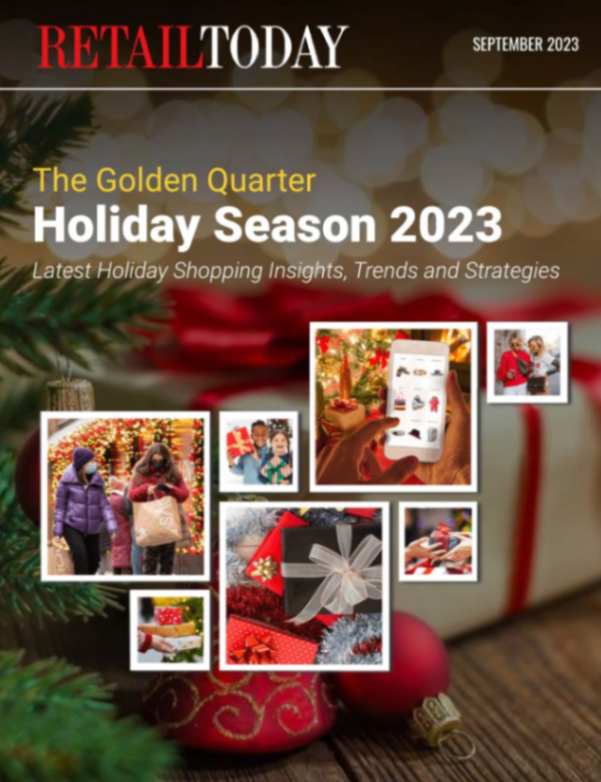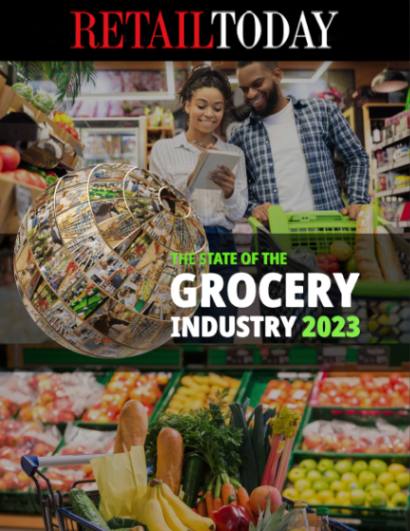Radial, the leader in omnichannel commerce technology and operations, today announced the results of a consumer insights study which surveyed 1,000+ consumers across the United States to determine their holiday shopping plans. Radial uncovered that despite the impact of COVID-19, shoppers do not plan to significantly change their holiday spend compared to 2019. However, the data did reveal a stronger preference for online shopping, with 66% of shoppers anticipating they will increase their online purchases during the 2020 holiday season.
While consumers are shopping more online, the survey found their habits aren’t changing significantly in terms of how much they plan to spend on holiday gifts and when they plan to buy. This means the 2020 holiday season will look as busy as ever – and even more hectic when it comes to the demands on ecommerce driving the need for scalability amongst retailers. This could spell disaster for many retailers and brands who have been facing incredibly high levels of ecommerce demand ever since the outbreak of COVID-19 but have not prepared to offset that demand and scale through omnichannel solutions.
“The 2020 holiday season will reward omnichannel retailers. Instead of the recurring and seasonal demand cycles retailers are used to, in the wake of COVID-19, brands must contend with consistent high demand for ecommerce year-round. This year, peak season levels essentially started in March,” said Tim Hinckley, Chief Commercial Officer for Radial. “Retailers must leverage unique strategies like using stores as fulfillment centers and creative order management techniques paired with advanced technology in order to keep deliveries flowing by embracing curbside pickup and other emerging consumer expectations.”
To put the high demand into context, across the Radial client network there was a 70% spike in online orders during April 2020, compared to April 2019 levels. In May 2020, orders were up 218% YoY. In fact, during this two-month period the amount of orders more than doubled from 2019. While the Peak season takes place over a five-week period, in comparing it to the period in April and May 2020, there were 1 million more orders shipped than the 2019 Peak season underscoring the unprecedented high-levels of demand.
Given the continued high demands and online orders retailers will experience, scaling up for peak season will be more difficult than in years past. Specifically, the survey found:
- 60% of consumers plan to shop less in-store this season due to fear of COVID-19 exposure. While there is still an appetite for in-store shopping, safety concerns and deeper consumer familiarity with online ordering indicates that ecommerce will certainly see higher activity than in previous years.
- Despite the impact of the pandemic on delivery times, 41% of shoppers say they don’t plan to shop any earlier for holiday gifts, meaning that retailers will have no break between the current COVID-19 ecommerce climate and the already overwhelming holiday peak season rush. Retailers should not expect order increases to be stretched out over longer periods of time due to savvy shoppers getting ahead of the game.
- 39% of shoppers plan to start shopping for the holidays in October into early November, and 30% plan to start on Black Friday/Cyber Monday.
- The majority of consumers surveyed plan to spend the same as last year on holiday gifts, meaning retailers should expect similar or higher order volumes as previous years.
- 63% of shoppers say they are slightly or very much more likely to purchase from a retailer they knew was following COVID-19 safety precautions in-store.
The pressure is on for retailers to meet the demands of the holiday season, but there is some good news: consumer expectations have eased up in terms of what’s an “acceptable” delivery time. While a Radial survey in 2018 found that in the U.S., over a third of consumers (34.6%) expected to receive packages in two days or less, this 2020 survey found only 14% expect their holiday gifts within two days. What is considered a reasonable timeframe for holiday gift deliveries has shifted, with 50% of respondents saying 5 days for delivery is reasonable, and 28% stating one week was acceptable. This leeway in delivery expectations will allow retailers to focus on implementing practices that prioritize COVID-19 safety precautions and help them manage the influx of orders.
Ahead of the holidays, retailers typically have more time for planning, re-stocking, product updates and more. This year, due to the consistently high volume of online orders, that won’t be the case. Managing inventory and deliveries will require a strong omnichannel fulfillment strategy. Retailers should consider strategies like buy online, pick up in-store (BOPIS), and buy online, pick up at curb (BOPAC), which ensure a safe transaction during COVID-19 and provide shoppers with immediate gratification and products in-hand instantly.





